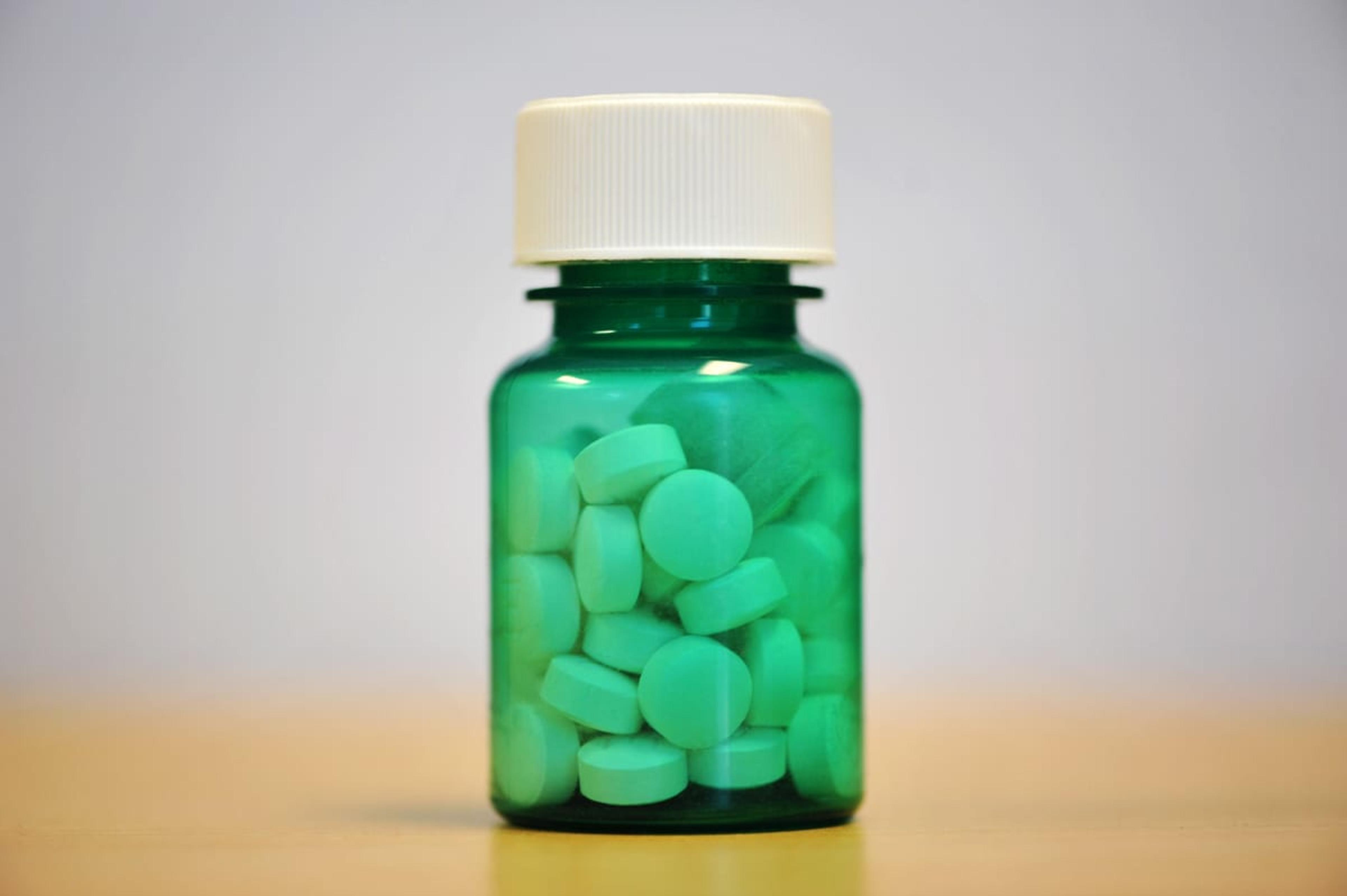Protecting your toddler from the potential dangers of their new treasure

David Lingholm
| 3 min read

Toddlers may be tiny, but their little hands are surprisingly quick—especially when they discover something new. Something else that’s quick: The speed a toddler can put that fascinating new item into his or her mouth.
Usually there isn’t much damage done, but if their new treasure happens to be a pill, regardless if it is a prescription or over-the-counter medication, the quickness of a toddler could be deadly. Even with medications that are typically safe, there are health hazards if the dose is a too high for the toddler’s small body.
Take aspirin, for example. It’s one of the safest medications around, but it can cause bleeding if a toddler swallows too much of it. And that’s not the only one: Non-steroidal anti-inflammatory drugs like Motrin (ibuprofen) and Aleve (naproxen) can cause stomach pain or kidney damage, Tylenol (acetaminophen) has been linked to liver damage, Sudafed (pseudoephedrine) can cause agitation and nervousness and Benadryl (diphenhydramine) can cause excessive sleepiness.
According to Dr. Nabeel Qureshi, a pharmacy resident at BCBSM, there are a few things you can do to keep your little ones safe:
- Properly dispose of unused medications. Pharmacies and hospitals often have drug-take back days. If one isn’t available to you soon, you can also mix medications (whole, not crushed) with kitty litter or used coffee grounds, place them in a clear plastic bag and throw them away. When disposing pill bottles, scratch out information on the label so it’s illegible.
- Keep your medications out of your bathroom medicine cabinet. This spot is way too easy for kids to access (plus the heat and humidity that build up can affect how your medication works). To be safe, keep them in a cool, dry place, like a high shelf in your bedroom closet (unless the label recommends other storage).
- Flush your painkillers down the drain. The Food and Drug Administration (FDA) recommends that some unused medications be flushed down the toilet. These include powerful narcotics and painkillers known as opioids. It is important to flush these instead of waiting for a drug take-back day because of the potential serious health consequences to children if accidentally ingested.
If you think your child has taken a medication and you’re concerned, always dial 911. Also, quickly remove the medication from the child’s vicinity to prevent further ingestion and put it somewhere safe so you can reference it later. Emergency care is urgent if any of the following symptoms are noticed:
- Breathing difficulties
- Convulsions
- Unconsciousness or extreme sleepiness
- Severe pain or burning, internally or externally
The more information you can provide a paramedic or the ER, the better off you will be, so note down what was swallowed, when it happened, how much was ingested, your child’s weight, and whether your child has any other medical conditions, allergies, or takes medications.
If none of these signs are present, call the national poison control center at (800) 222-1222 to obtain advice on what medical care your child may need.
Photo credit: subsetsum





